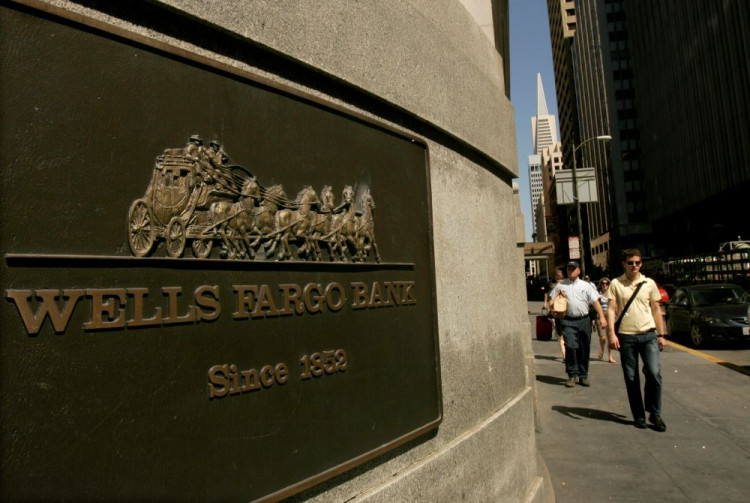Asia share indexes rose Friday in spite of late Wall Street selling as expectations of large U.S. virus financial aid under president-elect Joe Biden shored up sentiment. Oil prices rose up on record China trade figures.
President-elect Biden's $1.9 trillion financial package proposal is designed to jump-start the economy and speed up the U.S. response to the coronavirus pandemic, officials said late Thursday.
While U.S. stocks spent most of the session in positive territory, helped by the financial aid hopes, some concerns about the details led to a modest decline toward the end of Wall Street trade.
"The concern is what it's going to mean from a tax standpoint," Inverness Counsel chief investment strategist Tim Ghriskey said.
"Spending is easy to do but the question is how are you going to pay for it? Markets often ignore politics but they don't often ignore taxes."
In Asia, market participants were broadly more optimistic with Australia's S&P/ASX 200 up 0.2%, Japan's Nikkei 225 0.3% higher and South Korea's Kospi inching up 0.2%.
Market participants had an eye on Federal Reserve chairperson Jerome Powell who took a less aggressive tone in comments at a virtual symposium with Princeton University.
Powell said the U.S. central bank wasn't raising interest rates soon and rejected suggestions it might start reducing its bond purchases in the near term.
"The Fed wants to talk down rates and it would be interesting if it steps in to buy long-dated securities and if the bond market breaks because of that," Ghriskey said.
On Wall Street, the Dow Jones Industrial Average fell 0.22%, the S&P 500 lost 0.38% and the Nasdaq composite dropped 0.12%.
On Friday, earnings season will move into full swing with results from JPMorgan, Citigroup and Wells Fargo. Market participants will be looking to see if banks are starting to take down credit reserves, resume buybacks and provide guidance that shows the economy is improving, Great Hill Capital chairperson Thomas Hayes said.
"The markets want to see if they are showing confidence. If the guidance is strong, it shows we can sustain this move," Hayes said.
Meanwhile, oil prices rose Thursday, boosted by a weak dollar and bullish signals from China import data despite renewed concerns about international oil demand owing to rising coronavirus cases in Europe and new lockdowns in China.
Brent crude oil futures rose 36 cents, or 0.6%, to settle at $56.42 a barrel. U.S. crude ended 66 cents, or 1.3%, higher at $53.57.
Treasury yields edged higher in anticipation of the new stimulus package. Benchmark 10-year Treasury notes last fell 12/32 in price to yield 1.1292%, from 1.088% late Wednesday.





